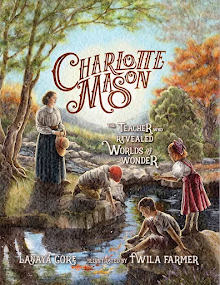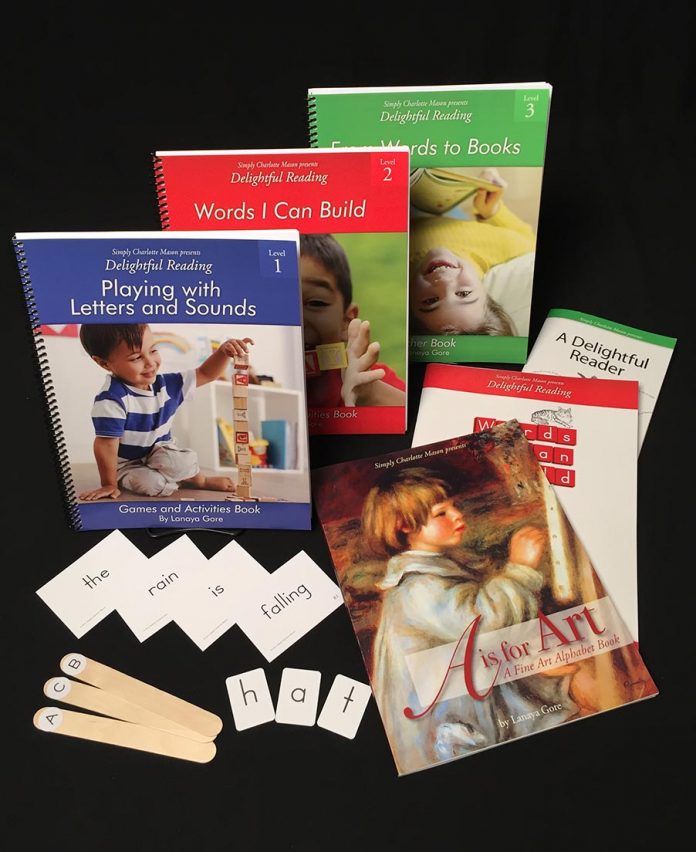You may none of you ever have these difficulties; but I have been enquiring among Sunday School teachers as far as possible, and these objections do not seem unknown. Afterwards, in the discussion time, I hope other objections or difficulties will come up.
But I feel sure there is a common cause underlying all, or nearly all, the difficulties of the modern teacher. It is that we underestimate the child. In olden days people thought the dryer the lesson, the better exercise for the brain. But nowadays lessons to be up-to-date must be amusing, full of ingenious devices which "amuse while they instruct," and so on. I am sure there is no need to describe these lessons, we all know the type. They go on the principle that children, because of their youth, have weak brains, incapable of assimilating undecorated knowledge.
Now Mr. Fisher, the Minister for Education, said in a speech a few weeks ago, "It is as well in teaching to think of the children as cleverer than yourself, with less knowledge, but more imagination." The word "cleverer" does not quite satisfy me, but we all know what Mr. Fisher means. Now the underlying idea of the P.N.E.U. method I am going to tell you about is just that. A child is a person; with mind, intellect and spirit,—all there, all clamouring for food and exercise, all ready to grow if only—such an important "if"—we do not hinder them.
What a responsibility for us teachers! Have you ever noticed what our Lord says about the bringing up of children? "Suffer them to come unto Me," "Offend them (hinder them) not," "Forbid them not," "Take heed that ye despise not these little ones." It is really remarkable how He is always reminding us of their greatness—and yet, so many of us still have that lesson unlearnt.
I want to tell you as clearly as I can—please store up questions to ask and talk over afterwards!—exactly what the P.N.E.U. method is.
It differs but little for different ages of children. The younger ones learn only the simpler tales of the Old Testament and the Gospel story as told by the first three Evangelists, but after the age of 12 they take the Old Testament in more detail and the Gospel of St. John and the Acts are also studied. Later on the Prophets and Epistles are taken in fuller detail. Young children who cannot read fluently have the Bible read to them, but after eight years old they can generally read for themselves.
We underestimate the child. Children will live up to our expectations; and they have a sneaky way of knowing what those expectations are whether they match our words or not.
The type of class talked about in this article is for children age 6 and older, I believe. Younger children might use a book like Egermeier's Bible Story Book or Catherine Vos' The Child's Story Bible. Some teachers have had good success with simply opening up the Bible and telling the story in their own words. I'm thinking of getting the two books mentioned and try them with our kids at home to see what I think.







1 comment:
Hey Lanaya! This is Delicia Bare. It's nice to meet up again in virtual world! I have been enjoying your thoughts on teaching children and Sunday School. I have been contemplating this myself a bit, so I look forward to more of your thoughts. Thank you!
Post a Comment